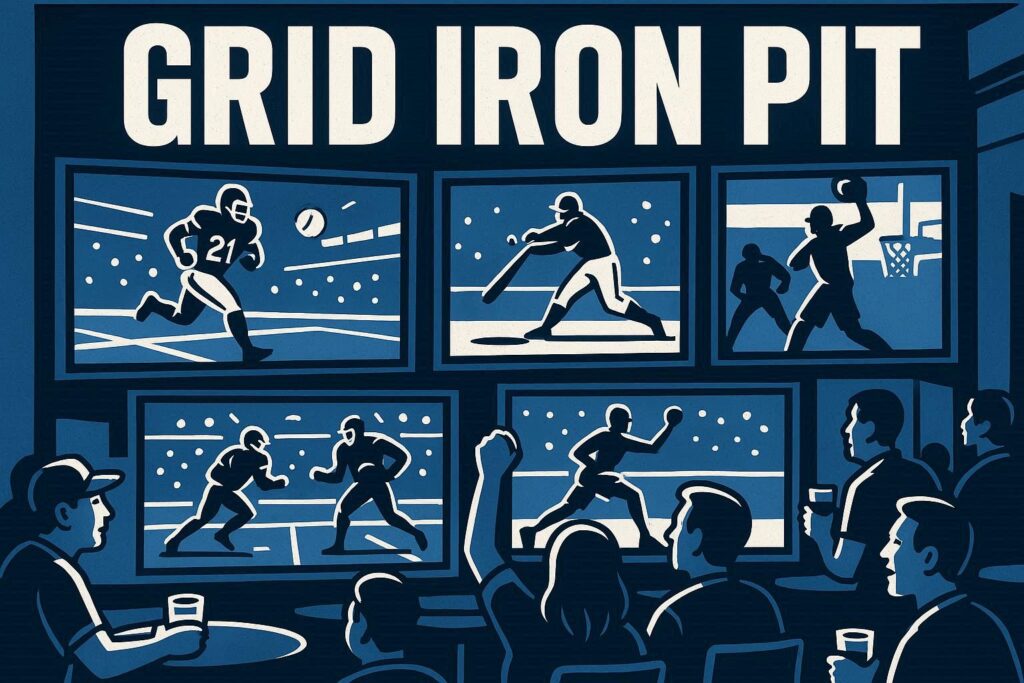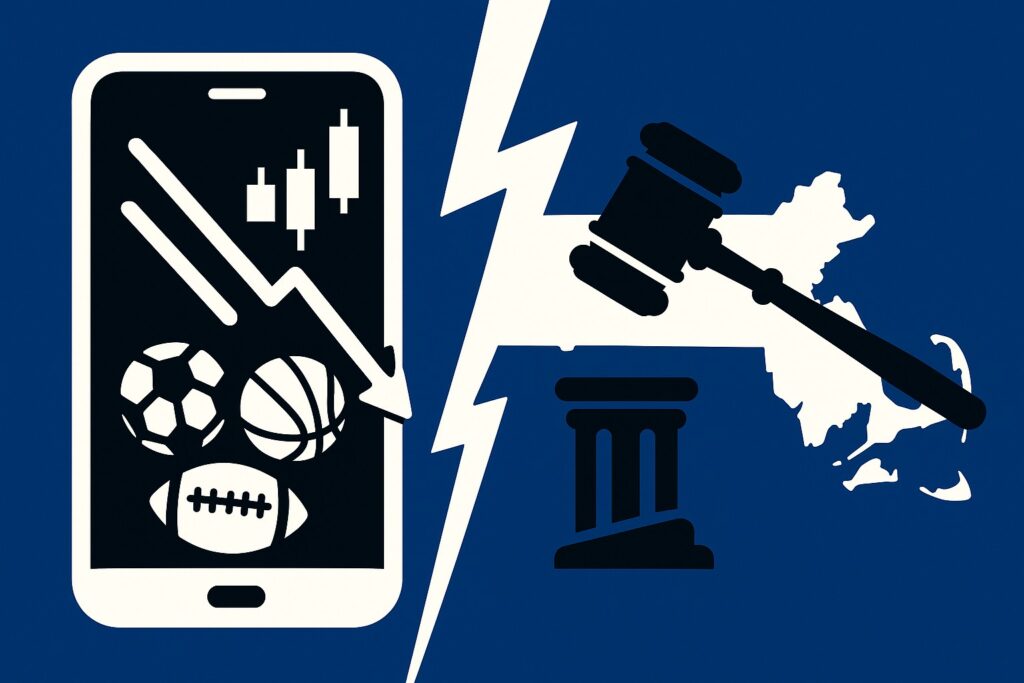Maine lawmakers have approved online casino legislation, but iGaming has a ways to go before it becomes legal in the state.
LD 1164 made it through Maine’s House of Representatives by a 85-59 vote last Thursday. While the bill fell short this week of the votes in needed in the Senate, both houses followed the recommendation of the Veterans & Legal Affairs Committee to pass the measure, per Maine legislative rules.
Still, there are several hurdles to clear, including the signature of Gov. Janet Mills, an unlikelihood according to some key stakeholders.
The bill even reaching the Governor’s desk appears to be a longshot, as it must be first be released by the 13-member Appropriations & Financial Affairs Committee, and then sent back to both houses, which must agree on the same version of legislation. One sticking point is whether revenues should be taxed at 16% or 18%.
The legislation would give Maine’s four Wabanaki tribes exclusive rights to partner with operators to offer iGaming, a similar structure to the state’s sports betting market.
Wabanaki leaders are not confident Mills will put her signature on the bill, according to the Maine Morning Star, and a two-thirds majority in both houses is required to override the governor’s veto in Maine, another unlikelihood.
What Maine’s online casino market would look like
Should the bill become law, each of the four Wabanaki tribes in the state would be allowed a mobile license, just as they are under the state’s sports betting framework.
Only two sportsbooks operate in the state, however, as Caesars partners with three of the four tribes (Houlton Band of Maliseet Indians, Mi’kmaq Nation and Penobscot Nation). DraftKings runs the sports betting operation under the Passamaquoddy Tribe’s license.
Opposition to the legislation being considered in Maine has come from inside the gambling industry, as national operators FanDuel, BetMGM and Fanatics foresee a market too similar to sports betting, from which they are shut out.
Maine’s two casinos – Hollywood Casino in Bangor (owned and operated by Penn National Gaming) and Oxford Casino in Oxford County (Churchill Downs Inc.) – are also opposed, expressing concern that legalizing online casinos would hurt business at their brick-and-mortar establishments.
Tribes behind push to make Maine No. 8
This most recent push in Maine comes after the House bill didn’t make it out of committee in April. Boosted by the Wabanaki Nations’ legislative influence, the effort was revived later in the session. The tribes say their communities need the economic lift.
“The proposal to authorize igaming for Maine’s tribes is more than a revenue conversation,” Houlton Band of Maliseet Indians representative Brian Reynolds said during debate on the House last week. “It’s about laying a foundation for self-reliance through modern tools. This is a chance for us to meet economic needs without waiting on federal grants or new appropriations. It allows us to stand on our own.”
Maine could become the eighth state in the US to legalize iGaming. Connecticut, Delaware, Michigan, New Jersey, Pennsylvania, Rhode Island, and West Virginia have all passed online casino laws.
There’s also an effort to get legislation through this legislative session in Ohio, where the House and Senate are considering separate bills. With the June 30 deadline to pass the state budget looming, iGaming is on the back-burner. It might not get through by then, but long-term prospects for online casinos are promising in the Buckeye State.





